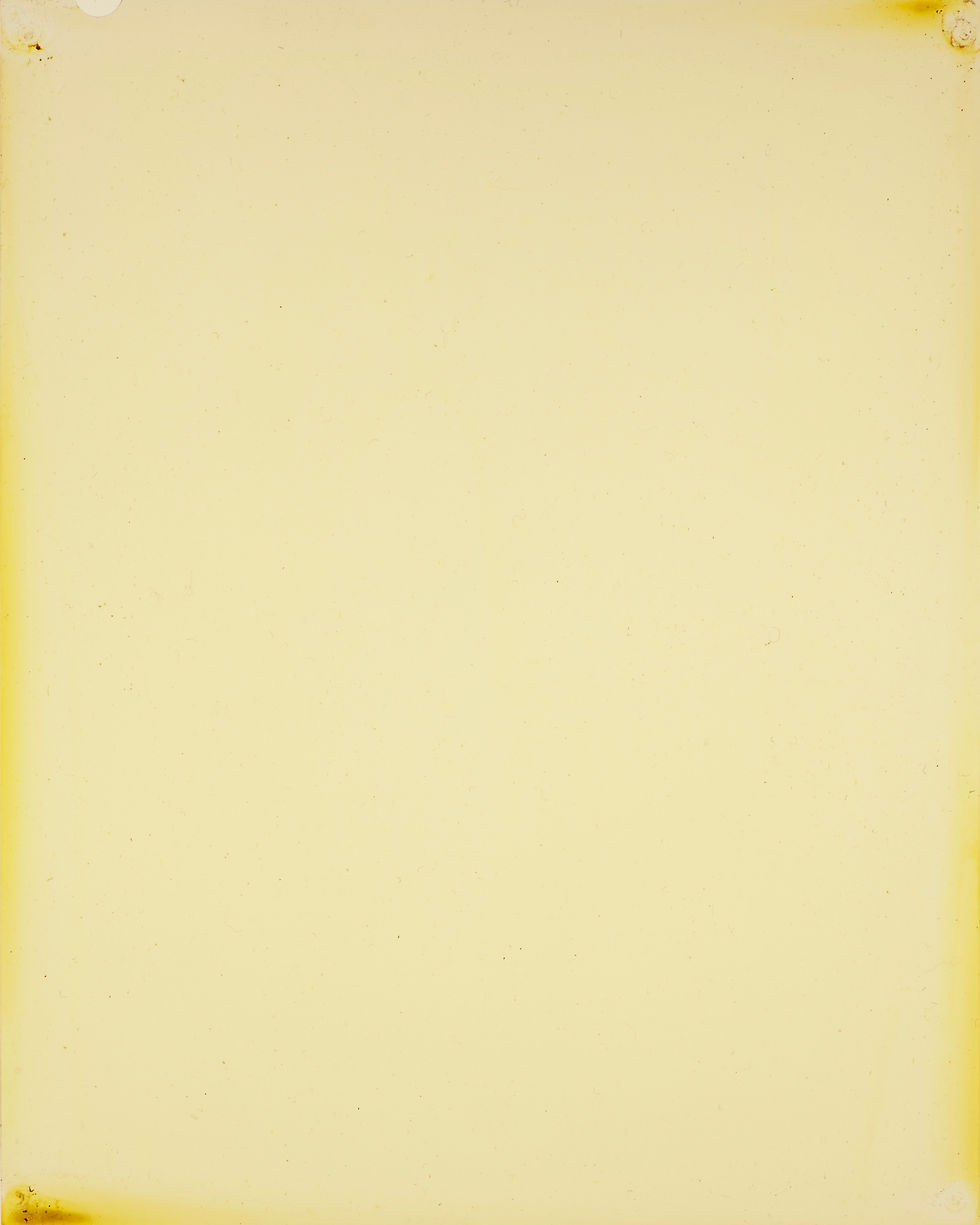Felwa, The Field, 2015 – 2024
(*) Felwa: 'pale, pale yellow', the colour of the earth.
Bloemkampen, an area on the Veluwe coast near Hierden, forms a beautiful transition from the Veluwe moraine to the Veluwe lake. It is a historic cultural landscape, a traditionally enclosed landscape of individual 'farmland camps', pieces of land belonging to a farm, surrounded by wooded banks. The Bloemkampen is currently undergoing a 're-wilding process'. A transition from agrarian land to nature reserve. By giving space to nature and natural processes, ecosystems can recover. Re-wilding by re-wetting and partly removing the over-fertilized top layer to wet hayland, the original flowery state of the area.
Re-wilding is to be achieved by giving more space to rivers, improving connections between land and water or bringing large grazers and predators back into ecosystems. Improving diversity, more wild plants and animals and offering solutions for the effects of climate change such as reduced risk of flooding and wildfires.
I can still see my father cutting the grass step by step, swing after swing with the scythe. For days he stood there, a blue dot surrounded by green, moving from left to right, approaching, moving backwards.' From Arja's family, the Grassland was acquired by Natuurmonumenten.
Visually we translated this into black and white panoramas made like a surveyor with a man-sized compass through the land, each time from the same point of view. We started shooting in the spring of 2015, every season per year, with now seven years recorded registration of the grassland we want to show the development of the naturalization process it goes through. In addition, during each panorama session we made a color recording also with the technical 4-5 camera. We make an inventory of the plants that occur in the grassland and make color extracts of common and therefore not rare plants. These include all sorts of grasses, sedges, buttercups, dandelions and sorrel, as well as lesser-known species such as sea lavender and meadowsweet.
(*) Veluwe
The Field, selection






































Florachromes, plant colour residues selection





























































Plants from the field, selection
























